American voters on both sides hate their political system — so why does it keep getting worse?
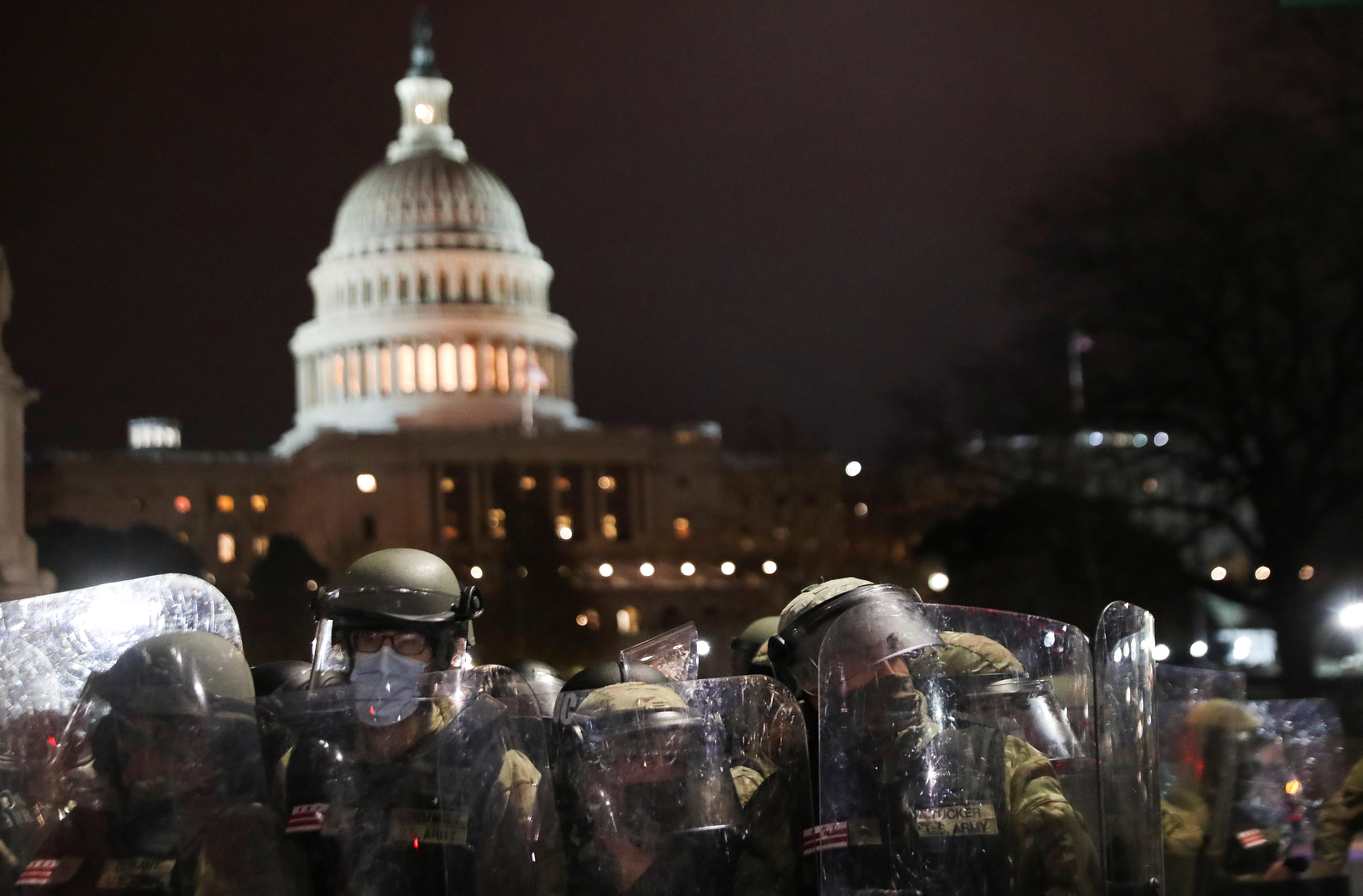
The January 6 riots cast a shadow over this year's election.
Voters on both sides hate the feedback loop that is creating more polarisation with each US election. So why is change so elusive?
At the annual sweet tater festival in Cullman, Alabama, you'll find live music, fun and food, and a lot of Donald Trump merch. Like, seriously, a lot. Way more than you'd think. "I'm voting for the felon" shirts, Trump/Vance trucker hats, badges, and stickers, you name it.
When I ask people who they're planning to vote for in November, some of them just laugh at me. And to be fair, in this part of the world, it's kind of a stupid question. Joe Biden won just 10.7 per cent of the vote in Cullman County in 2020. This congressional district is considerably safer than the safest electorate in Australian elections.
Their reasons vary. Some like their man ("Trump is for America, he's not for himself"), some like their party ("I just think the Republican Party has a more biblically based agenda"), and some can't tolerate the other side ("Have you seen how Democrats are nowadays?").
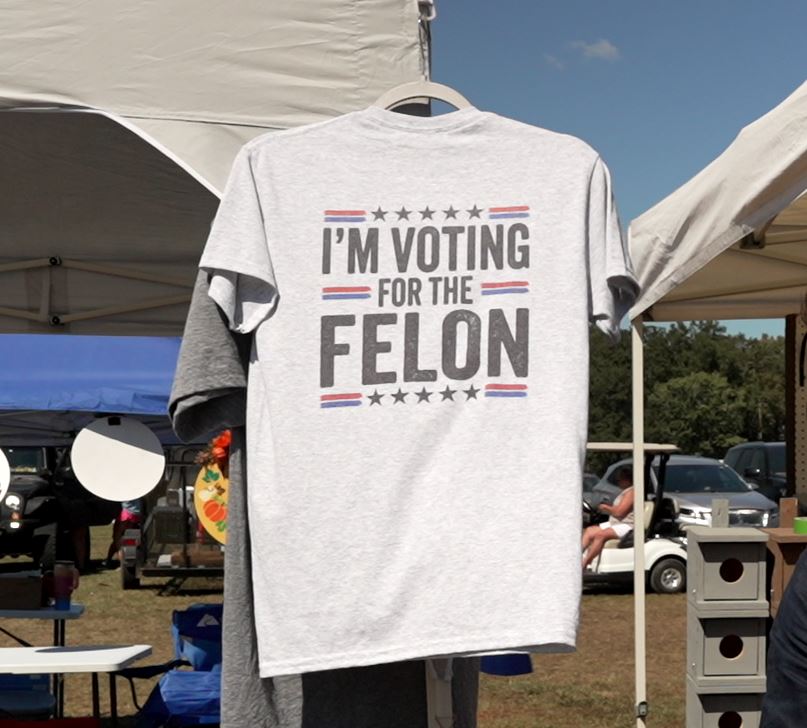
They get an impression of the other side from all sorts of sources, but in a place like this, it often isn't from personal experience. Many people will admit they avoid bringing up politics around the few Democrats they know.
"Uh, I try not to," one Republican voting woman says. "I know some, but to each their own, you know."
"Some of my friends are Democrats all the way. Some are Republican all the way," says another Trump supporter. "We just don't talk about it."
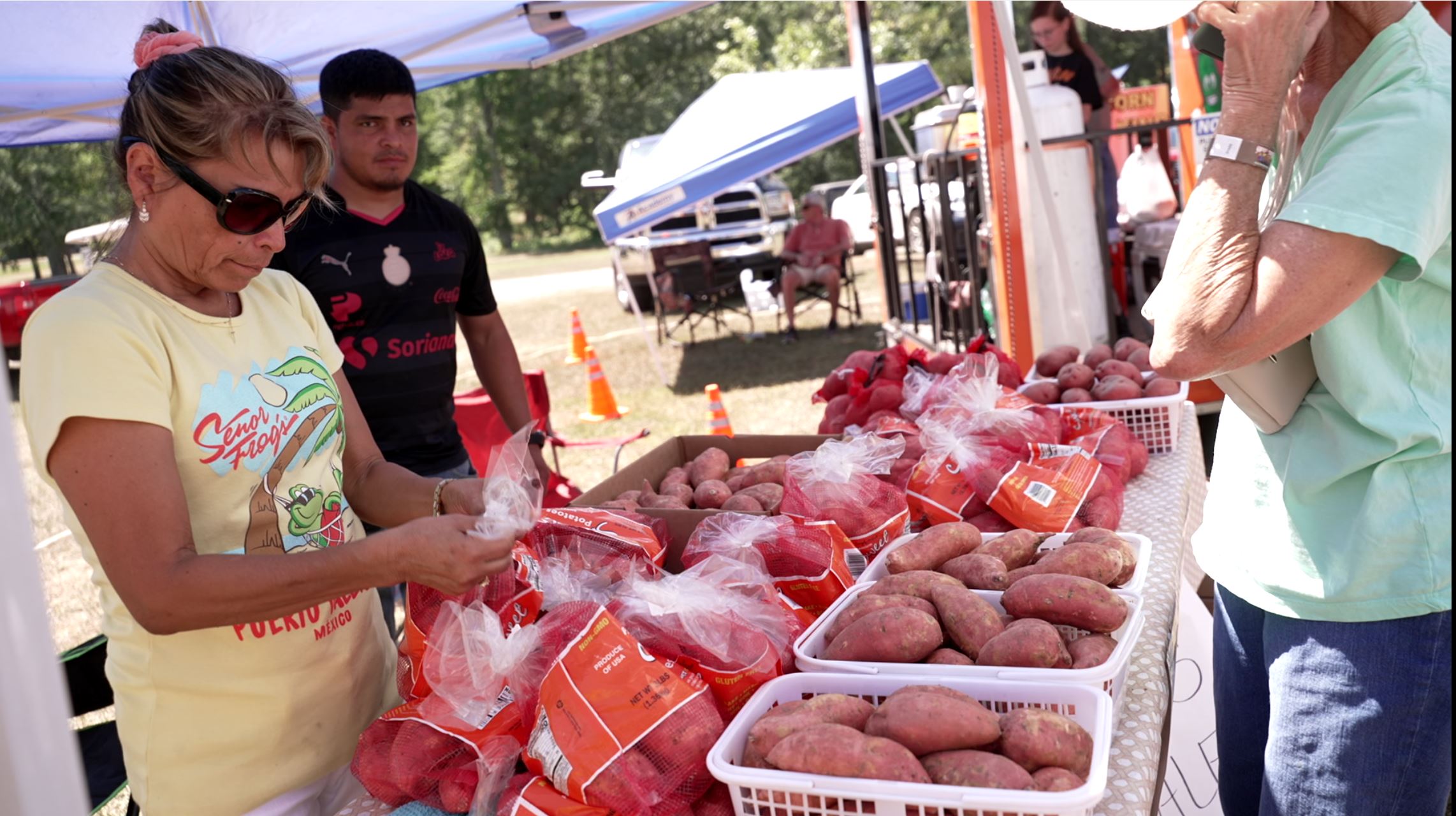
The crying shame is that if they did, they might realise a lot of their concerns about the US political system are the same. There are voters on all sides who think politics isn't working the way it should — and getting worse. And they might even be surprised to learn they agree on some of the solutions.
America has long been this way, a messy union with deep divisions on questions of national identity. There's probably no avoiding that in a union of 50 states and 50 state identities.
There are passionate and committed people on both sides of politics that greatly fear the outcome of the coming election. If the other side wins, they think it'll be the end of the USA as we know it.
From the outside, it sometimes feels like American politics is trapped in a downward cycle of polarisation. And America's political institutions are helping to reinforce that.
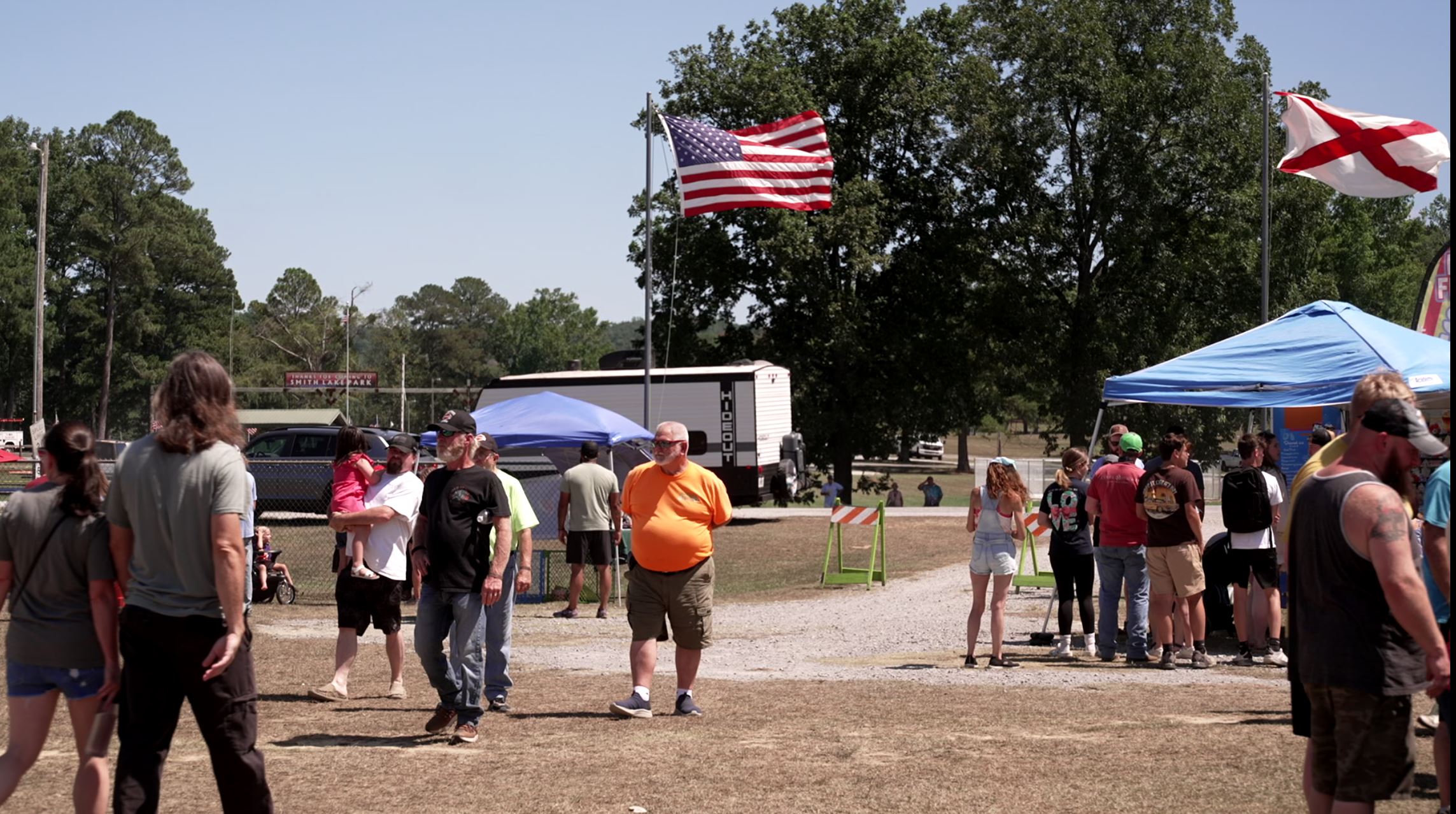
Fear of the other side
American politics has been realigning over time. There used to be far more ideological diversity within the major parties, but since the civil rights era in the mid-20th century, politics has grown increasingly nationalised, and parties have become more ideologically consistent.
In the 1990s, Republican speaker Newt Gingrich introduced his "Contract with America", made all Republican candidates sign it and encouraged his colleagues to start calling Democrats terms like "traitor", "corrupt'", and "selfish".
So perhaps it's no surprise that partisan hostility has been growing in the US. In 2022, 72 per cent of Republicans and 63 per cent of Democrats said members of the other party are more immoral than other Americans. Those numbers had grown more than 30 percentage points in six years.
"If you look at survey questions from both parties, members of voters of both parties strongly support democracy," Gabriel Lenz, a professor of political science at the University of California, says.
"And yet members of both parties are convinced that the other side is determined to take down democracy, undermine it."
Today, just 19 per cent of US adults think their country is a good example for other countries to follow; 72 per cent agree it used to be.
Political candidates and parties undoubtedly play a role in that. Leaders like Donald Trump break political norms and laws and do things that in many other countries would render you unelectable. But that's not the whole story. Because Americans' satisfaction with their democracy has been steadily falling for some time, and politics has been growing more polarised for decades.
'We've got Trump T-shirts two doors down'
There's a lot of hostility in Washington DC, and it filters down.
Back at the sweet tater festival, Lance Conn, in his light blue rainbow equality shirt, stands out. He's the chair of the Democrats in Cullman County.
"Even wearing this shirt today, walking around outside of this booth felt a little odd," he says "I got some glances. Set up the booth here and we've got Trump T-shirts two doors down."
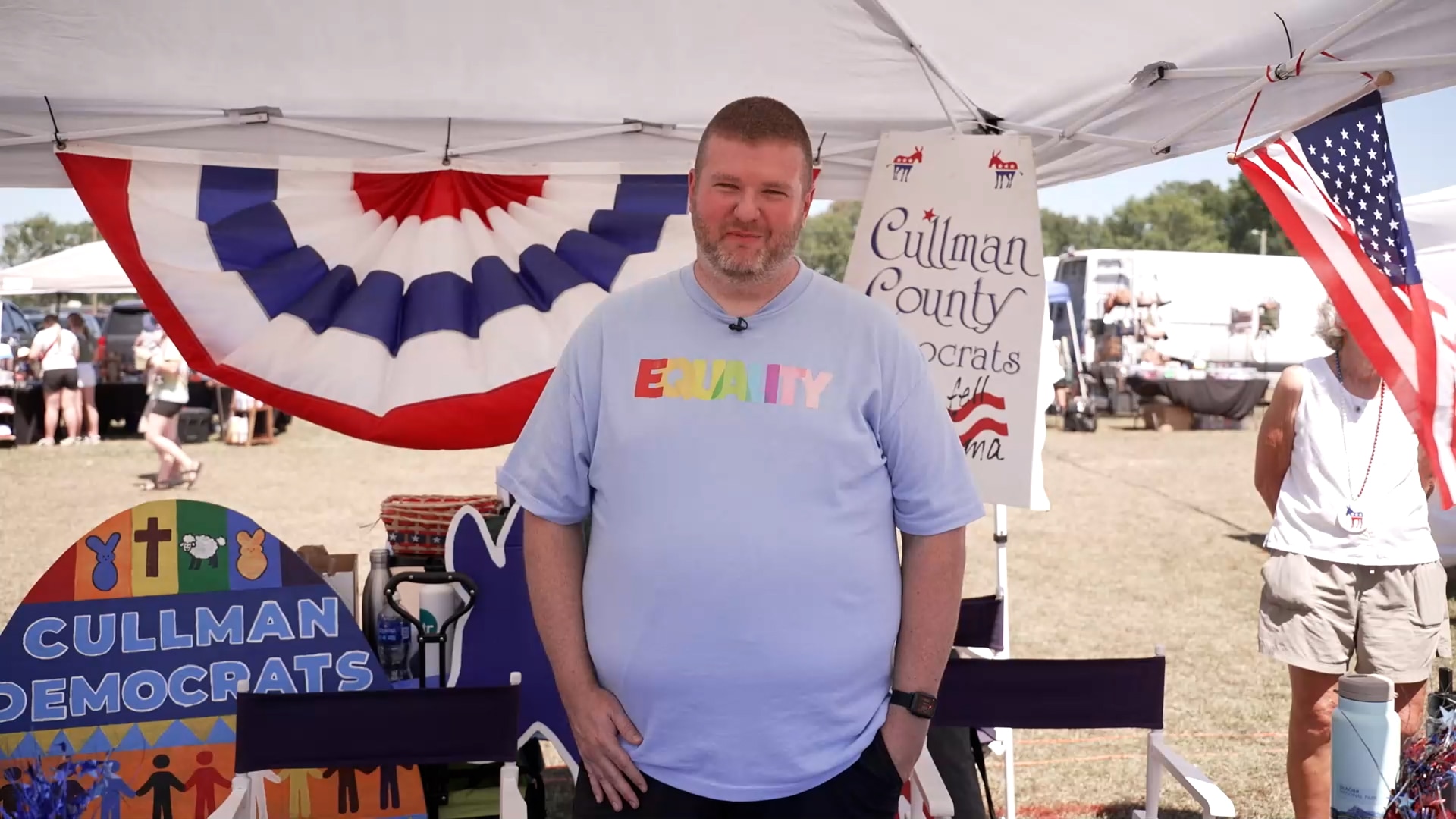
His Democrats' stall is plastered with American flags and red, white, and blue paraphernalia, but there's a noticeable lack of Democratic Party material at the Democratic Party stall. They're keeping a low profile.
"We've been able to meet a lot of people here that we didn't know were here. It's down low. I got to make sure that nobody can hear us," he says. "They don't want to be videoed or pictured at the Democrat booth."
In one of the reddest parts of America, Conn knows he's not going to win many hearts and minds. "What we're trying to do here today is keep the conversation light," he tells me. "We're not really trying to push an agenda here.
"It's difficult sometimes to not really want to come back with an argument, but we're trying to be a better person and try to keep those conversations going in a helpful way."
When I ask if that strategy is working, he pauses.
"Perhaps, maybe. Not all the time," he eventually says. "But we've had some good conversations with people … I think it's important to try, regardless."
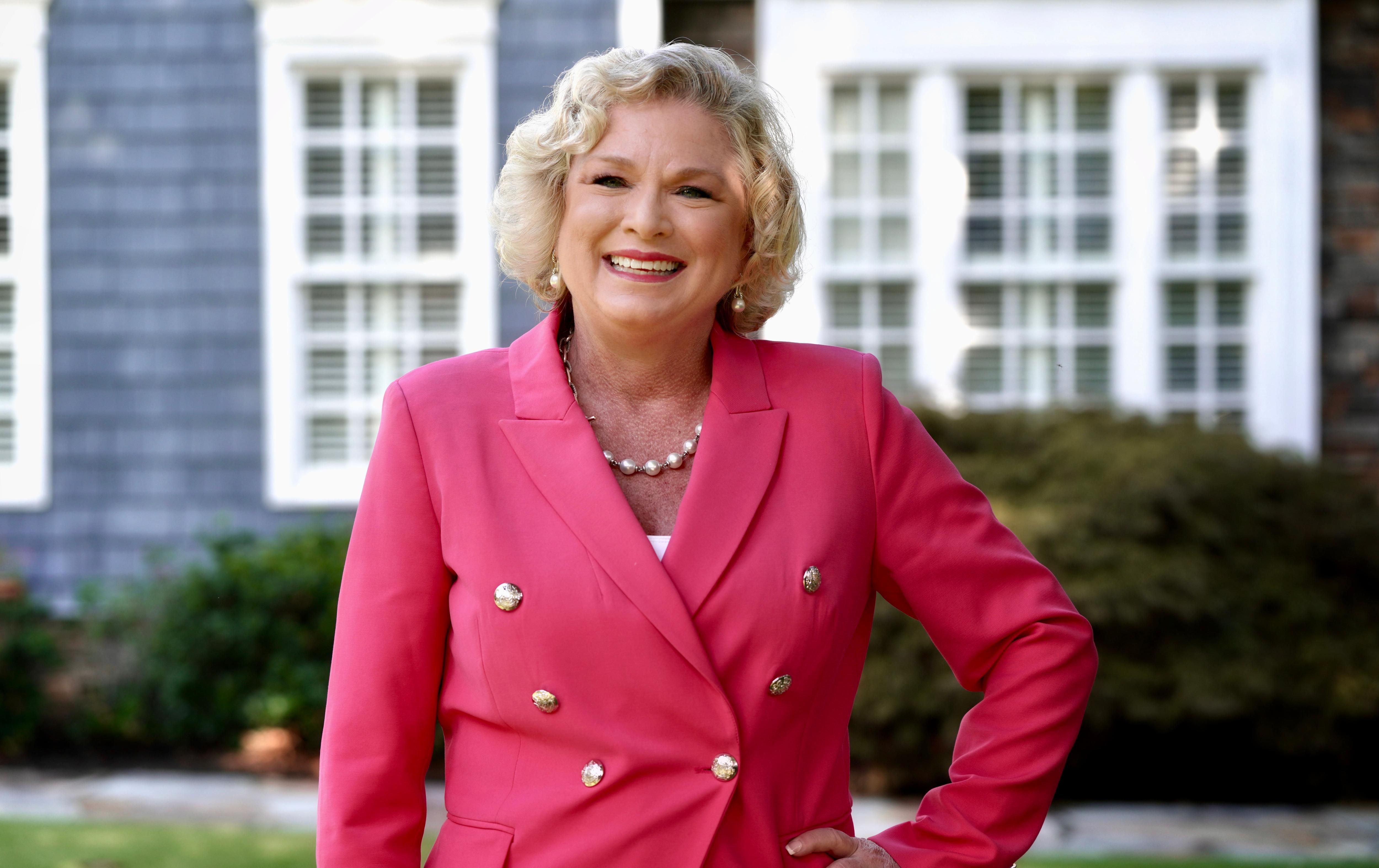
Marci McCarthy lives the opposite reality to Conn, as chairwoman of the Republican Party of DeKalb County, one of the bluest counties in Georgia, where she feels like she lives in a "one-party system".
"Politics has always been a blood sport, but quite frankly, it's now just a very divided landscape. There are two Americas overall: here's a red state and a blue state.
Besides their love for the red, white and blue, perhaps the thing that most closely binds Republicans and Democrats is frustration with the system.
But many of the things that drive voters up the wall have long been a design feature of American democracy, not a bug. The founding fathers designed it this way hundreds of years ago. But the founding fathers couldn't have imagined a political environment like the one of today.
"Obviously those guys got along real well in 1787 and couldn't imagine that things could go this far wrong farther down the road," says Dot Inman-Johnson, the former Democratic mayor of Tallahassee in Florida.
This may be the understatement of the century, but for the record: American politicians do not get along 'real well' in 2024.
You can chart out a point in time in recent decades where system stressors got supercharged and started to go off the rails.
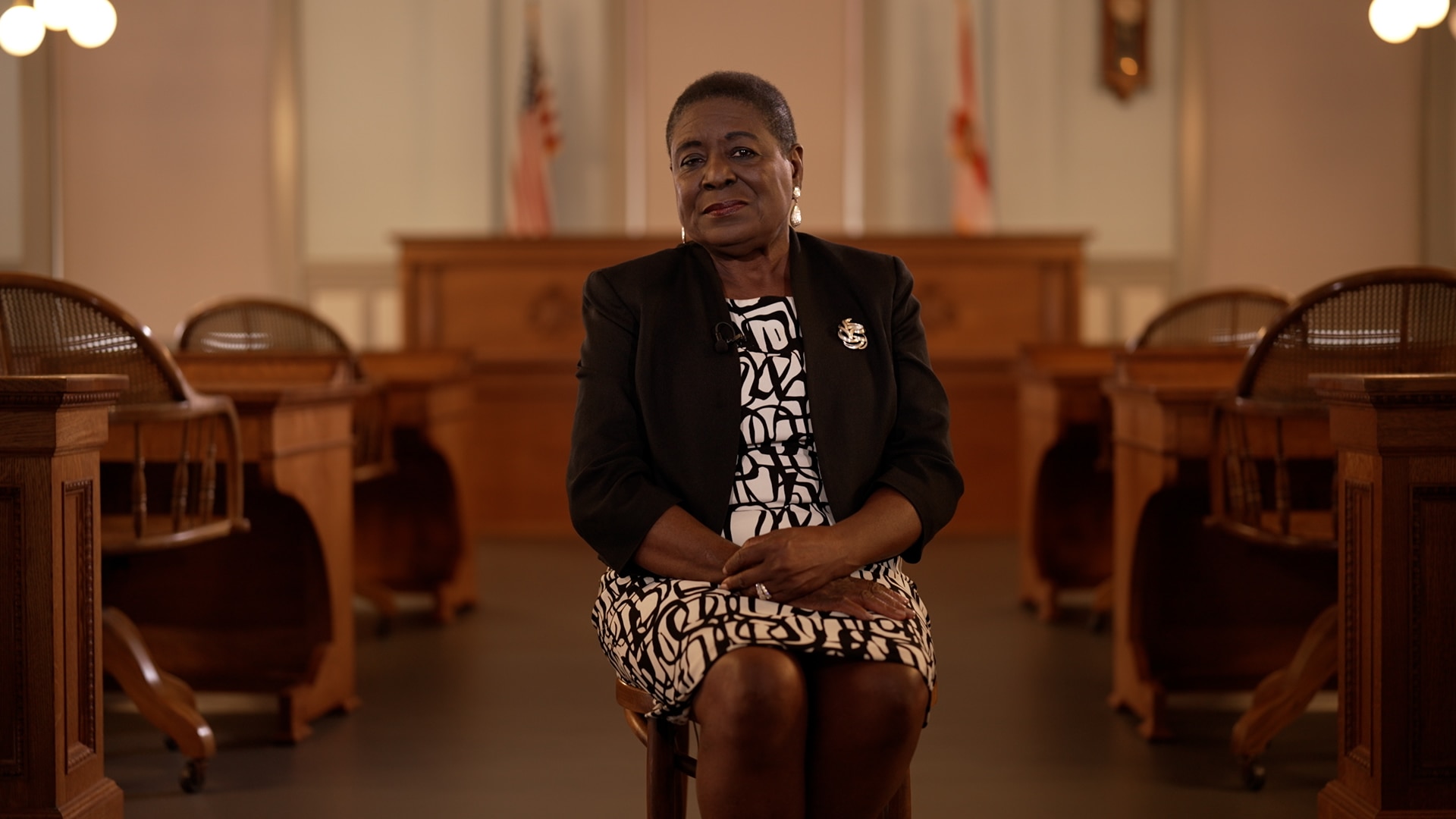
Follow the money
Take money in politics. Campaigns are expensive and only getting more expensive, especially since the Supreme Court's decision in the 2010 Citizens United case.
"The Citizens United case was a substantial turning point for US money and politics," says Anna Massoglia from money in politics research group Open Secrets. "We saw a surge of dark money flowing into the system."
The court decided essentially that spending on political issues is a form of free speech and can't be limited. And it paved the way for the creation of Super PACs, a political action committee, that can receive and spend unlimited amounts of money on political ads.
They're not allowed to coordinate with politicians themselves, but Anna Massoglia says there are ways around that prohibition.
"Candidates can be special guests at super PAC events as long as they don't ask for more money than they're legally allowed to, but there's very little stopping a candidate from attending an event with a super PAC … and then leaving the room and someone else makes the ask."
Campaigns can also explicitly telegraph strategy to super PACs, as long as they're not doing it behind closed doors. It's a loophole in the law that many argue renders the guardrails virtually useless.
There's no AEC in the US
The US electoral system is a fundamentally different structure to Australia, with no central electoral commission or even a central set of national rules for how presidential elections are conducted and counted.
It's hugely decentralised. "Radically decentralised," as the Brookings Institute's E J Dionne describes it.
"It's maybe one of the most aggressive federal systems in history, in that every state has its own way of conducting elections," says Hans Noel, a professor of politics at Georgetown University. "They can do their own thing when it comes to deciding how to choose electors to the Electoral College."
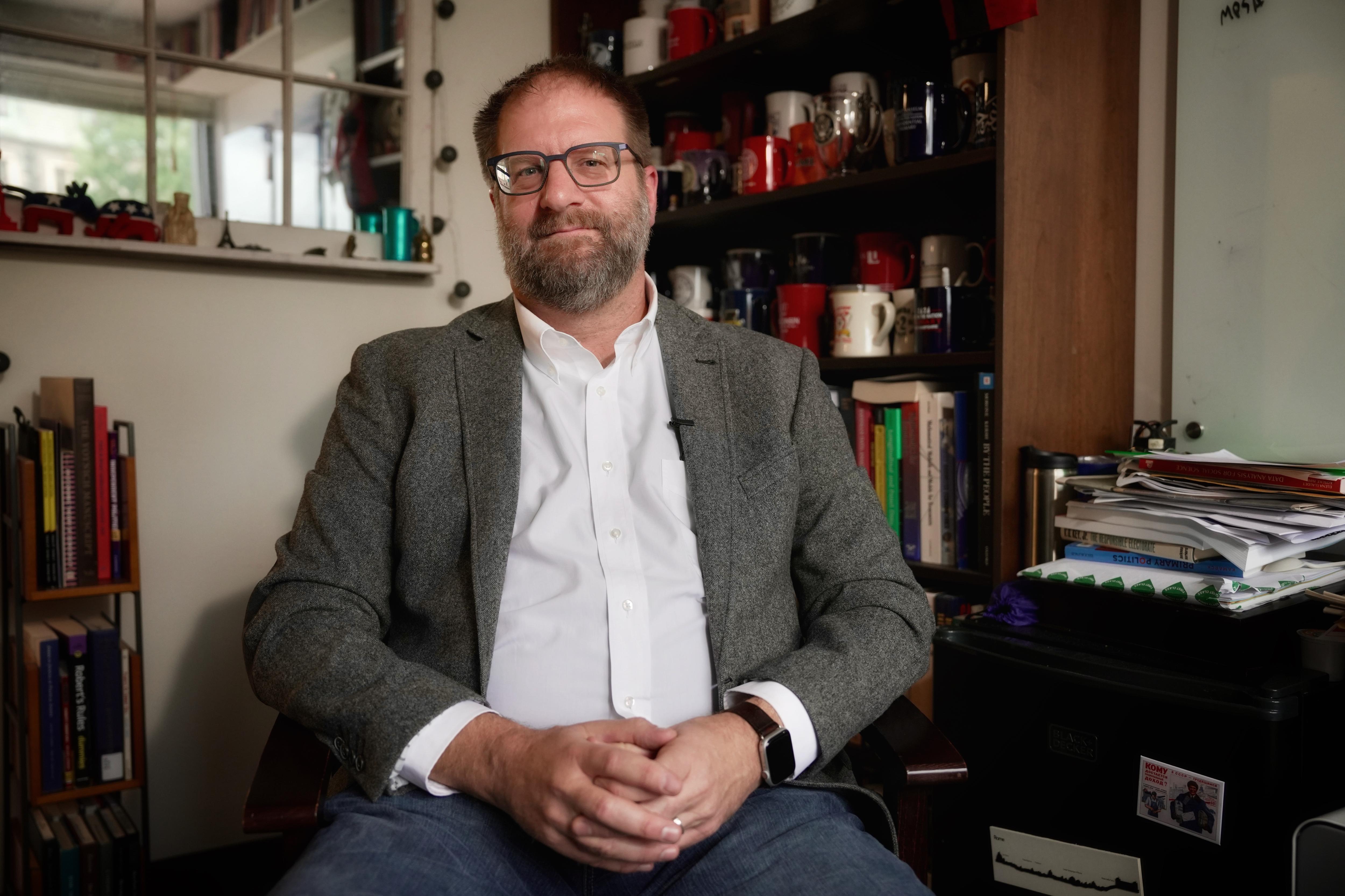
The system does have some benefits, like a layer of protection from widespread fraud — "you'd have to attack multiple places if you were trying to manipulate an election outcome," says law professor Rick Hasen from UCLA — but there are exploitable vulnerabilities throughout the process.
The world saw those vulnerabilities up close after the 2020 election, when Donald Trump and his allies put pressure on officials to overturn election results, and disregard certified electoral college votes in congress.
Congress has passed changes to rules for the national certification of a presidential election after the Capitol riots of January 6, 2021. The changes are an attempt to de-politicise a process that has become increasing political, and clarify that certification is an administrative job for Congress.
If a candidate wants to put political pressure on someone to overturn a result or break the rules, they've got plenty of political allies to choose from. Because the other big difference between the USA and Australia is, without an independently trusted agency like the AEC, the people involved in election management typically have a partisan affiliation.
Sometimes the person responsible for elections is themselves an elected official.
In Arizona's Maricopa County (a county that you're going to hear a lot about as results are being counted), the current county recorder Stephen Richer lost his Republican primary to a challenger who had previously said the county's election administration was an "embarrassment" and had been backed by Republicans who denied the 2020 result.
"If I had to pick an election system, it would be something more like the system in Australia or Canada," Hasen says. "I don't expect to see anything like this in my lifetime in the United States."
Manipulating the rules is now a strategy
In the US, voting rules themselves have become a hotly contested part of campaign strategy. The system has been exploited from time to time through history, but the contested 2000 election — that led to the controversial Bush vs Gore Supreme Court decision to end a recount of votes in Florida and saw George W Bush win by the closest of margins — made it extremely clear how different electoral laws and procedures could create starkly different outcomes.
The tension between states and the federal government is at the centre of what frustrates many about US democracy, and why things are unlikely to change.
In Georgia, for example, Republicans in control of the state government passed sweeping and controversial new changes to electoral laws in 2021. They said it was to close loopholes and gaps in electoral law, crack down on voter fraud, and ensure elections are fair.
"We had a situation where there was no willingness to examine any concerns about our elections process, and I talk to people every day who are so discouraged about our elections process that they indicate to me they may not vote," Josh McKoon, the Georgia Republican chairman tells me.
"I think that would be a tremendous failure of American democracy."
Political opponents saw it as an attempt to make it harder to vote in Democratic-leaning parts of the state, as it reduced the window for early voting, added identification requirements for mail-in ballots, limited the number of ballot drop boxes, and banned the supply of food and water to voters waiting in line to vote.
The law drew national criticism from civil rights groups and corporate America. Major League Baseball moved its all-star game out of Atlanta in protest against the changes. The CEO of Coca-Cola – which was invented in Atlanta – called the new law "unacceptable" and "a step backwards".
The Republican-dominated state elections board has also imposed a swathe of additional new rules for county election administrators to follow, many of which have been criticised by election administrators, political opponents, and even the Republican Secretary of State, Brad Raffensperger.
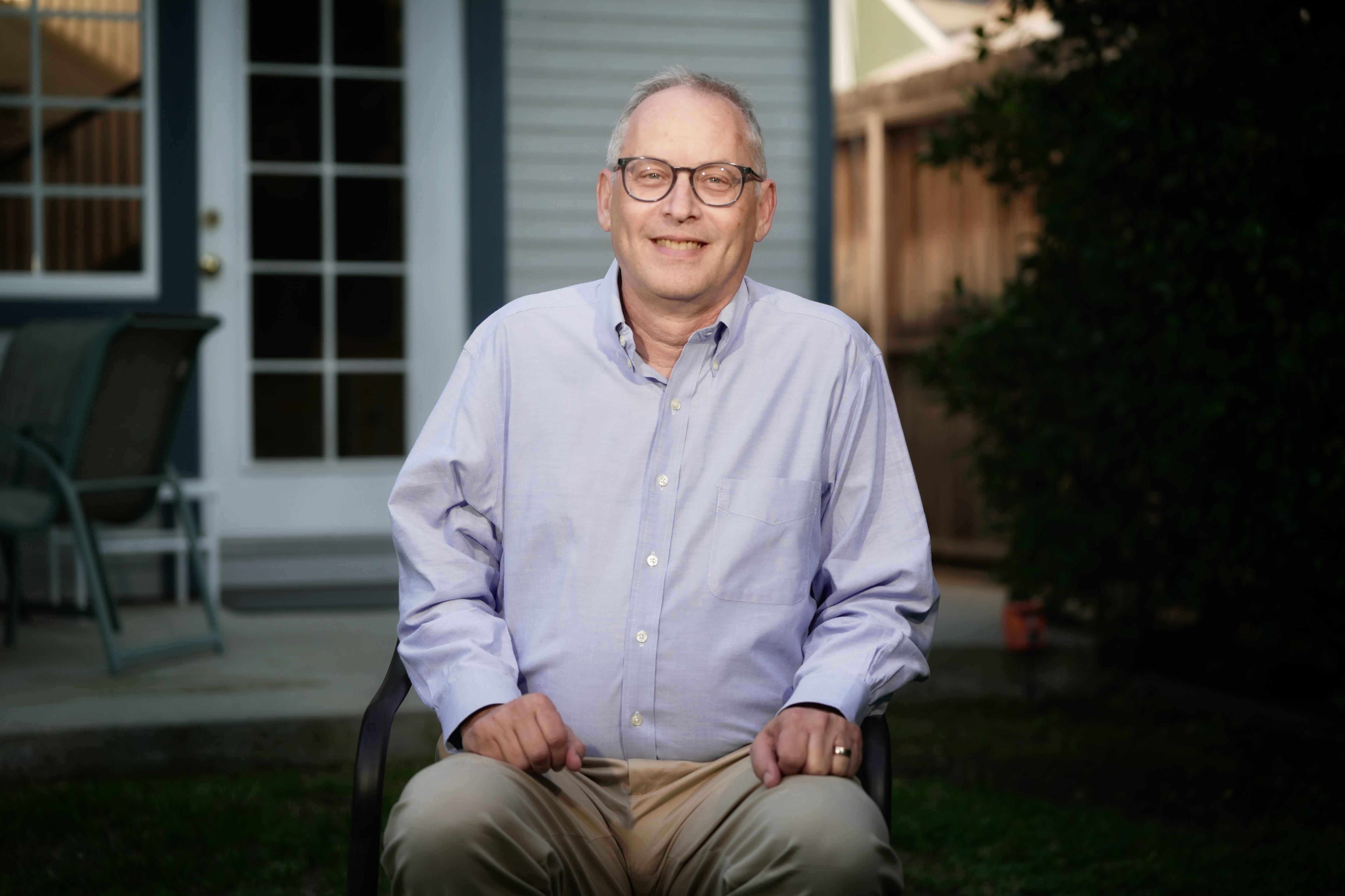
"We see a lot of gaming, and all of that gaming created the conditions where people were willing to accept this idea that if my side won, the election was fairly conducted … if the other side won, there must have been something wrong with how the election was conducted," Rick Hasen says.
"I think Trump supersized that idea and it metastasised into this mass belief in voter fraud as a problem in the United States."
But attempts to game the system didn't start in 2020 or 2016, or even in 2000. Politicians worked out very early that ground rules could be drawn by those in power to help them stay in power.
Fudging the lines
Take gerrymandering, for example, named after the governor of Massachusetts in 1812, Elbridge Gerry. Unlike in Australia, where an independent body draws electoral district boundaries, in many US states that is a job done by elected politicians.
The nation was only a quarter of a century old when politicians in Massachusetts worked out that those lines could be drawn to give members an advantage. Gerry himself wasn't thrilled about the idea and called it "highly disagreeable", but signed into law maps that made his own district the shape of a salamander, quickly dubbed a "gerrymander".
But in the modern political era, with access to modern computing, party strategists worked out how to supercharge re-districting for partisan advantage.
Former Republican strategist Thomas Hofeller infamously said that while "usually the voters get to pick the politicians, in re-districting, the politicians get to pick the voters". In 1991 he said: "I define re-districting as the only legalised form of vote-stealing left in the United States today." And he's not wrong.
"It used to be hotly contested," says Doug Johnson from National Demographics Corporation, which helps governments and elected officials draw maps. "But a few years ago the US Supreme Court took a step back and said no, we're not going to oversee this field and there's just no way to measure it."
And so from the politicians in the majority, there's not even a pretence that the process is independent, while politicians in the minority treat the re-districting process as the evidence-gathering phase of an eventual trial.
Kelly Skidmore, a Democrat in Florida's state legislature says in that state, it's a matter of "when, not if" districts will come before the courts.
"You are considered irrelevant at some points, and no matter how you try to influence the process, you really can't," she says.
Doug Croley, a member of the Republican committee of Gadsden County in northern Florida, agrees the system isn't ideal.
"I don't know that anything is ever going to end gerrymandering, because the politicians are always going to wish to either save themselves, advance themselves or whatever their political agenda may be," he says. "That's just human nature."
In states where one party controls the re-districting process, district boundaries are routinely reviewed by judges that are increasingly seen by the public as politicised and partisan.
"It subjects you to the swings of the court, especially at the state level where a lot of our states elect their Supreme Court," says Doug Johnson. "When the power on the state Supreme Court shifts then the interpretation of law can shift pretty significantly."
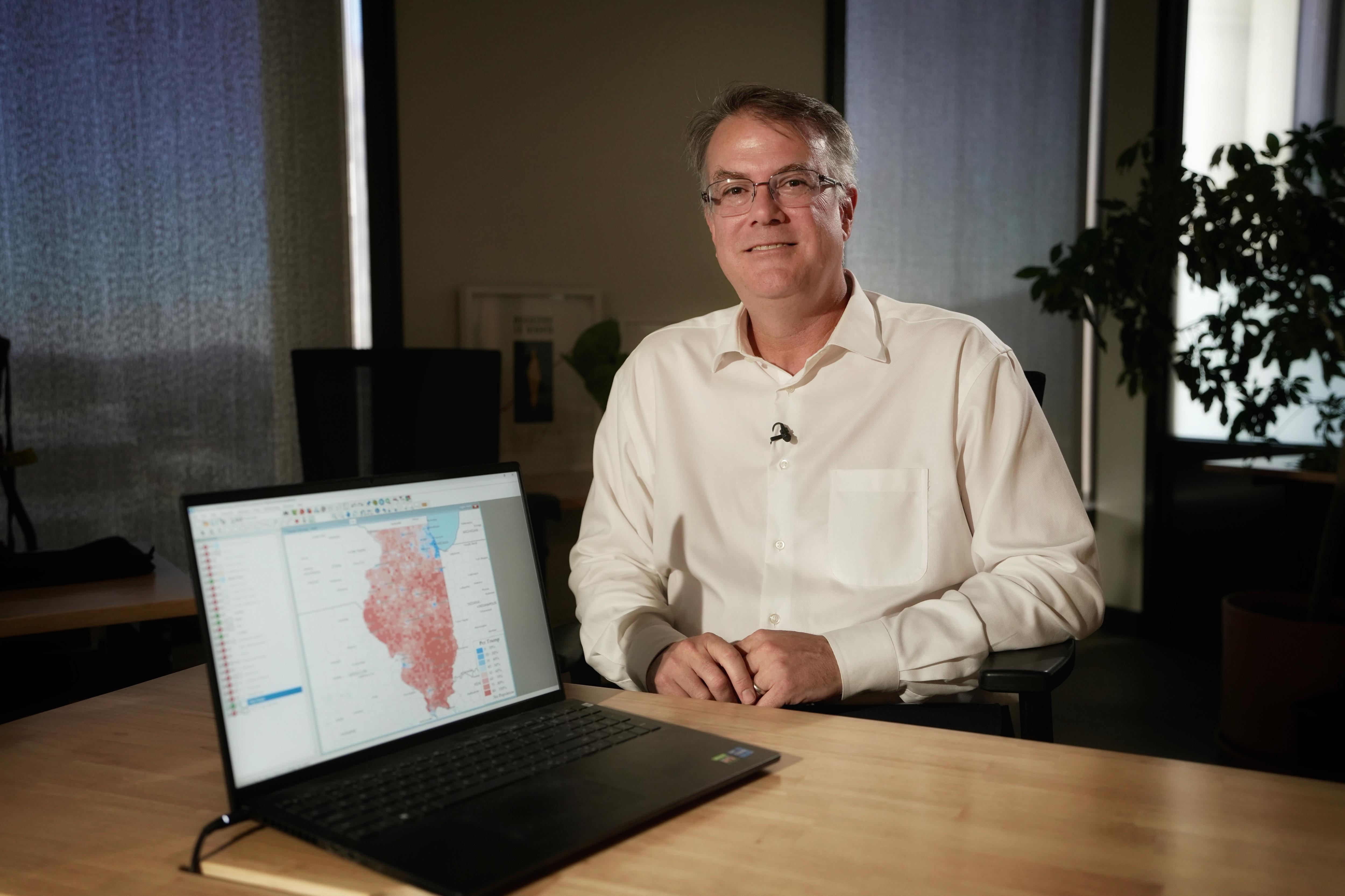
Courts can change course
For a country that prides itself in the word of its founding documents, big changes in interpretation can come suddenly.
Election rules and court challenges became commonplace, especially after the 2000 election and especially since Donald Trump entered the political arena. The courts, and especially the Supreme Court, became viewed as increasingly partisan, and trust in the justice system began to fall.
A dramatic shift occurred in 2013, when the Supreme Court suspended part of the national Voting Rights Act, first passed in 1965. The Voting Rights Act prohibited any attempts to deny people the right to vote because of their race.
It outlawed practices typically used in the south to keep black people from voting, like poll taxes and near-impossible voter literacy tests. It was heralded by many as the single most substantive change in the civil rights act.
A decade ago, the court suspended a section of the Act known as pre-clearance, which required states with a history of discrimination to get approval from the Department of Justice or a DC court before changing any electoral law. The effect was immediate. Alabama and Mississippi enacted voter ID laws, North Carolina did that and more, including ending same-day registration for voters. In Texas, a voter ID law that had been on the books for two years, but blocked by the pre-clearance rules, took immediate effect.
The foundations of America's electoral system shifted in one court decision.
The Brennan Centre for Justice commissioned research finding that the turnout gap between black and white Americans, which had been falling for decades since the Voting Rights Act was enacted, has grown this century.
Black activists don't think it's because of a lack of interest in voting. Deborah Scott leads get out the vote group Georgia Stand UP.
"People want to unravel the Voting Rights Act because it gives power to people that they don't think deserve to have the power," she says. "Black people in this country deserve power. Black people in this country have helped to make this country."
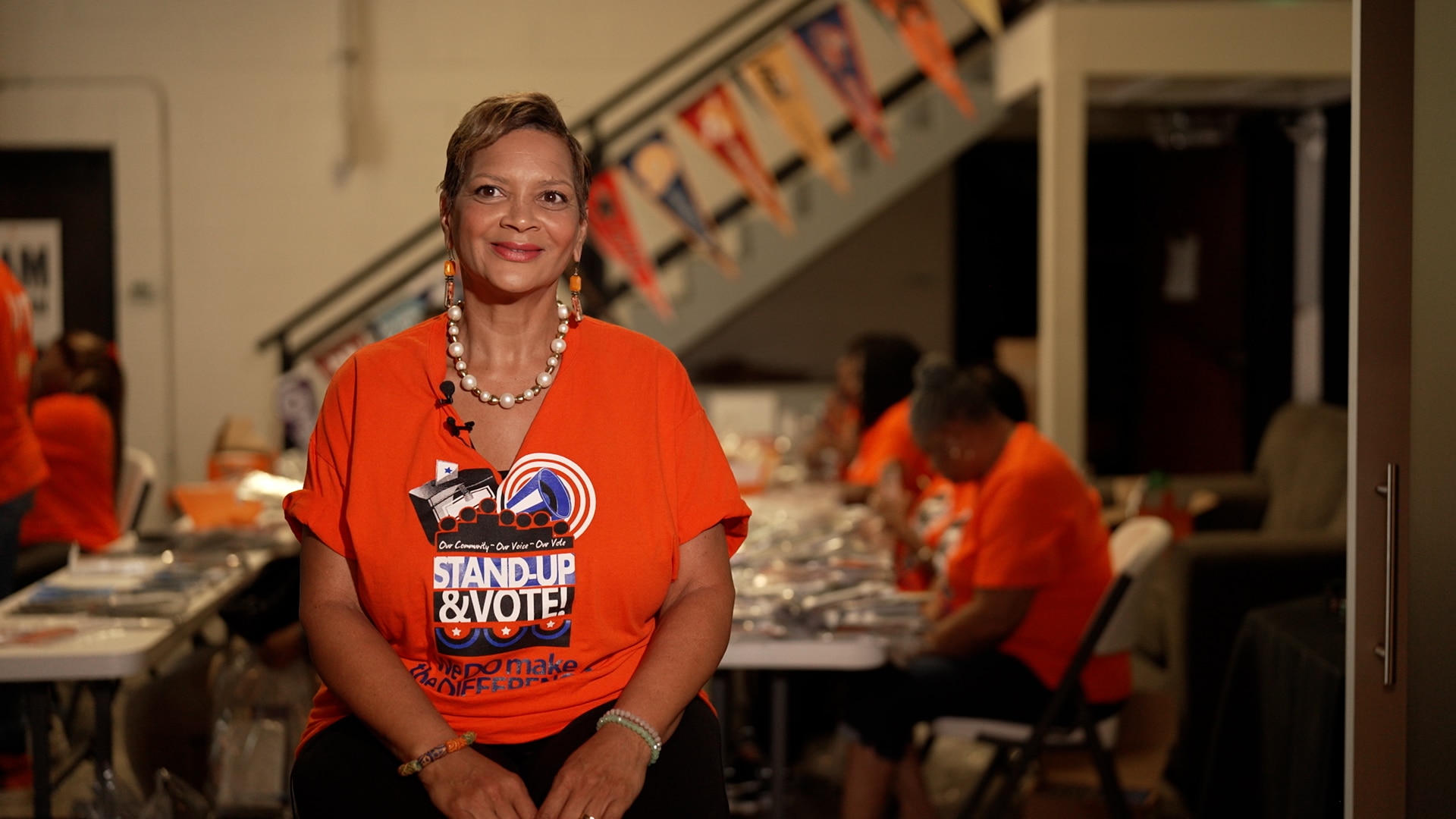
When compromise is a dirty word
There's a feedback loop here. As politicians game election rules, there are fewer competitive elections. That contributes to growing polarisation, reducing incentives for politicians to compromise and increasing building the desire for them to game the rules further.
It's one of the reasons the current Congress has been the least productive one in decades.
The risk when the country becomes hyper-polarised, with different parties in control of different arms of government, is that the checks and balances in the American political system turn into gridlock.
"If the division is fairly close, so that the two sides are roughly the same size, then there's no reason to compromise," Hans Noel says. "You just wait until the next election when maybe you are in power and then you don't have to compromise with the other side."
"Democracy is supposed to be able to handle different opinions … we ought to be able to have a system that can accommodate that."
"But when you're not comfortable compromising with them, you're not comfortable living among them, that is where you start to see a problem."
"You start to not trust the outcomes of elections, you don't trust the results that come from any kind of political process."
'A more perfect union'
Travelling through the United States, through blue states, red states, and swing states, you pick up the uneasiness people feel about politics.
Party activists don't understand how people on the other side think. Unengaged voters will tell you that politics has a weird vibe about it at the moment. It's partly about the stakes of this election. It's partly about the entire political system in Washington. Most voters want gerrymandering abolished. Most voters want less money in politics. But making changes like that requires everyone to work together at the same time.
When politics is as divided as it is now, laying down arms isn't seen as an option, or you'll face electoral oblivion.
Polarisation itself isn't new. The country has been here before.
At a gala dinner hosted by the Democrats in Fulton County, Georgia, I speak with South Carolina Congressman James Clyburn, a powerbroker within the party.
He insists that America hasn't fundamentally changed: "I don't know where people get this from … in 1776, when this country was created, it was created out of a protest."
Democracy is a moving process, Clyburn says. "There's nothing stagnant about democracy. It is what the Founders meant when they say, 'In pursuit of a more perfect union'. We're not perfect, probably never will be, but you should always be in pursuit of perfection."
Democrat Kelly Skidmore puts it more bluntly: "This is how our politics works. If you think it's only happening now and that we're in some kind of a downward spiral, go back and learn your history."
At the tater fest, I speak to Jackson, a Louisiana native who's just moved to Alabama for university. "I'd say the biggest difference is people don't season their food here quite as much as we do back in Louisiana," he says.
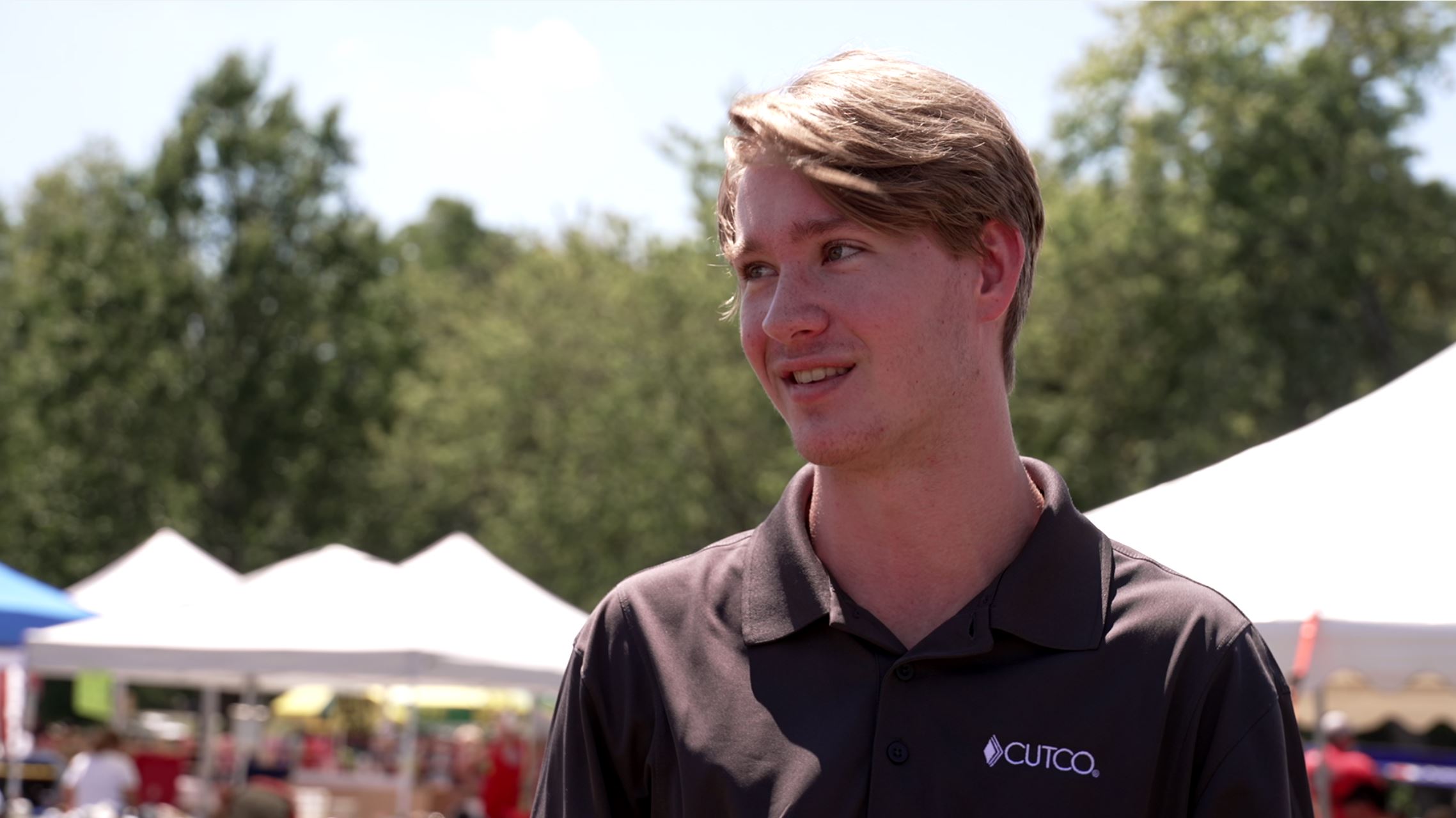
And while Jackson, likely nearly everyone here, would probably vote for Trump ("I'm a Catholic and so abortion is a big thing for me"), there's no guarantee he'll vote at all. Young people like Jackson are watching the hostility of politics and the stereotypes of the other side coming from political leaders and the media and getting frustrated.
Voter turnout in Alabama is on the low side, and a lot of people argue the uncompetitive elections in this state contribute to that.
"I just turned 18 so this would be the first year I could vote. I'm not sure if I will. I know this is like a bad thing to say as an American citizen but I don't think I would need to vote for either side … like I don't think I would sway the election. I plan in the future being a more participatory American."
But as more Americans disengage from a system they see as far from perfect, he might find it's a lonely place to be.
The road America takes in "pursuit of a more perfect union" is littered with potholes. Voters – and the world's – eyes are on whether the country gets bogged.
Posted Share- Copy link
- X (formerly Twitter)
Related topics
Back to top By:https://www.abc.net.au/news/2024-10-27/why-do-americans-hate-their-own-democracy/104517104(责任编辑:admin)
下一篇:Seven killed in Russian attacks on Ukraine as world leaders express 'grave concern' over North Korean troops in Russia
 Socceroos rescue a point
Socceroos rescue a point  Wallabies thrash Wales 52
Wallabies thrash Wales 52 Jake Paul beats Mike Tyso
Jake Paul beats Mike Tyso Live updates: England vs
Live updates: England vs  US election 2024: Donald
US election 2024: Donald 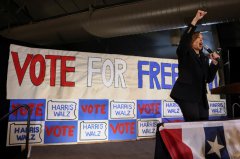 US election live: Kamala
US election live: Kamala
- ·Brazil police formally accuse former pr
- ·Donald Trump's choice for US attor
- ·Japanese state sued in lawsuit seeking
- ·Jury finds MMA star Conor McGregor sexu
- ·Laken Riley's murder became a MAGA
- ·The celebrity look-alike craze is about
- ·Five remaining Bali Nine members could
- ·North Korea's latest weapon agains
- ·Brazil police formally accuse former pres
- ·Donald Trump's choice for US attorne
- ·Japanese state sued in lawsuit seeking to
- ·Jury finds MMA star Conor McGregor sexual
- ·Laken Riley's murder became a MAGA r
- ·The celebrity look-alike craze is about m
- ·Five remaining Bali Nine members could so
- ·North Korea's latest weapon against
- ·Hezbollah says Israel 'cannot impose
- ·Inside the rise of US oligarchs and how i
- ·One of Vietnam's high-profile politi
- ·Shanghai Walmart Attack: A Man Randomly S
- ·South Korean police officers jailed over
- ·Cambodia publicly shames maid deported af
- ·North Korea to use all forces including n
- ·Philippines condemns China attack of Viet
- ·US adds 2 more Chinese companies to Uyghu
- ·North Korean defector steals South Korean
- ·Malaysia deports Cambodian worker for cal
- ·Rebels battle for Myanmar junta’s weste

